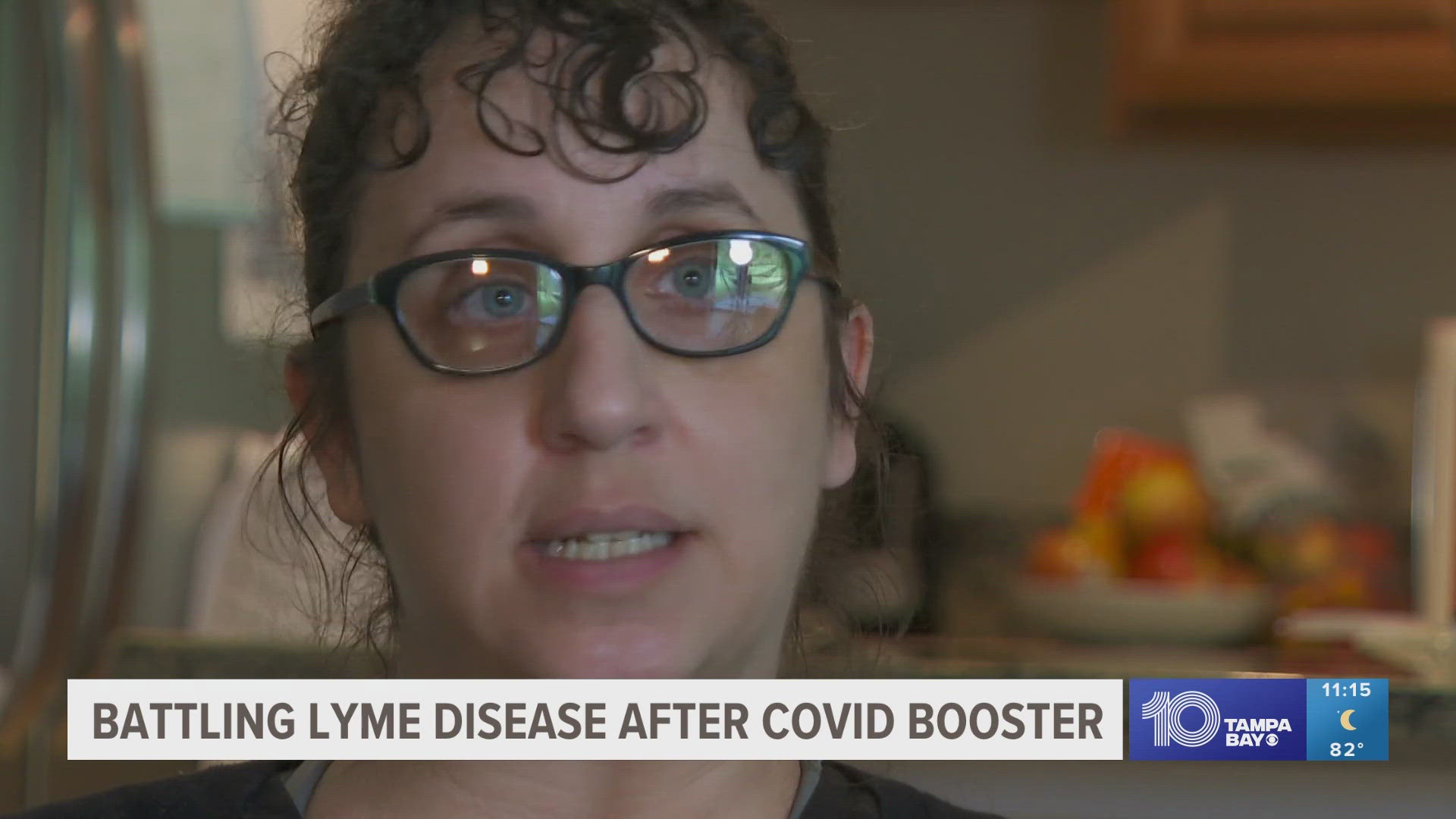It’s another case of banks accused of behaving badly; you know, relentless robocalls -- even after being told to stop it.
This time it involves debt collectors allegedly badgering a man to the point where he finally filed a lawsuit, and the target of those calls could have just as easily been you.
“It's been very frustrating for me,” said Mitchell Perry.
Perry says no matter how many times he told Ocwen Financial Services “don't call this number again. Stop calling me,” the calls kept coming.
In recorded messages, Perry is assured by a collections agent, “I have already updated the records, sir. We do apologize for the inconvenience, okay?”
But it wasn’t okay. The calls kept coming and Perry threatened to sue.
“I believe the number was about 250 calls over six months,” said Perry.
In some of these cases it may be harder to sympathize. Somebody borrows money, they don't pay it back, and then they don’t want to face the music; so they try to use the Telephone Consumer Protection Act to keep collectors from hounding them.
So what makes Mitchell Perry's case stand out? Mr. Perry isn’t even an Ocwen customer.
“It's very upsetting to be called by a loan service company for a loan I don't have,” said Perry.
And the person they were looking for?
“It was no one I knew,” said Perry.
And that’s why this could just as easily had been you on the other end of all those calls. You see, someone else apparently used Perry's phone number on a loan. So, Ocwen understandably called that number when it was time to collect.
Yet even after Perry had made the mistake clear and demanded the robocalls stop, the collector on the other end of the line told him, “Well, I cannot guarantee that sir.”
"Why," asked Perry.
“Well, it’s not our fault, sir, that that person used your number,” came the answer.
And so the calls kept coming. So frequently that Mr. Perry even changed the outgoing message on his answering machine.
“If you're calling for someone else, please do not call this number again,” it said.
Perry's attorney, Dave Mitchell with the Tampa law firm Maney Gordon says it's one of the most egregious violations of the Telephone Consumer Protection Act he's ever seen. Perry’s number appearing on the loan may not have been Ocwen’s fault, but continuing to call his client after the error had been pointed out? “They have to stop or else it is a violation of the law,” said Mitchell.
Now, you may be saying to yourself – why should Ocwen just take Mr. Perry’s word for it? Well, it wasn’t just his word.
“Even though they had been told by Mr. Perry, by the state, by the federal government, and by their own attorneys to stop making these calls; they continued for months,” said Mitchell.
Mr. Perry, who lives in Wisconsin, first turned to that state’s consumer protection department. They investigated the complaint and told Ocwen to stop calling Mr. Perry.
In a letter dated July 1, 2015 to Wisconsin's Department of Agriculture, Trade, and Consumer Protection, an attorney representing Ocwen even acknowledged “No further calls should be made to his (Perry’s) phone number… And this matter should be resolved."
Mr. Perry thought so too.
“Their own attorney said they shouldn't be calling me. The calls still continued for months after that day,” he said.
Perry turned to a Florida Law firm, he said, because Ocwen is located in Florida and he was advised that if he proceeded with legal action Florida would be the appropriate state in which to do so.
If found to be in violation of the federal law, companies can be ordered to pay up to $1,500 for each phone call knowingly made after they’ve been told stop, said Mitchell.
In this case, both sides reached a settlement.
Ocwen’s attorneys released what they called a joint statement, saying: “This matter has a unique and unusual set of circumstances. We are pleased that the parties involved in this matter have reached an amicable resolution.”
“I hope that they will change their practices and actually listen to the people that are telling them you have the wrong number,” said Perry. “Please stop calling me. And take it seriously.”


